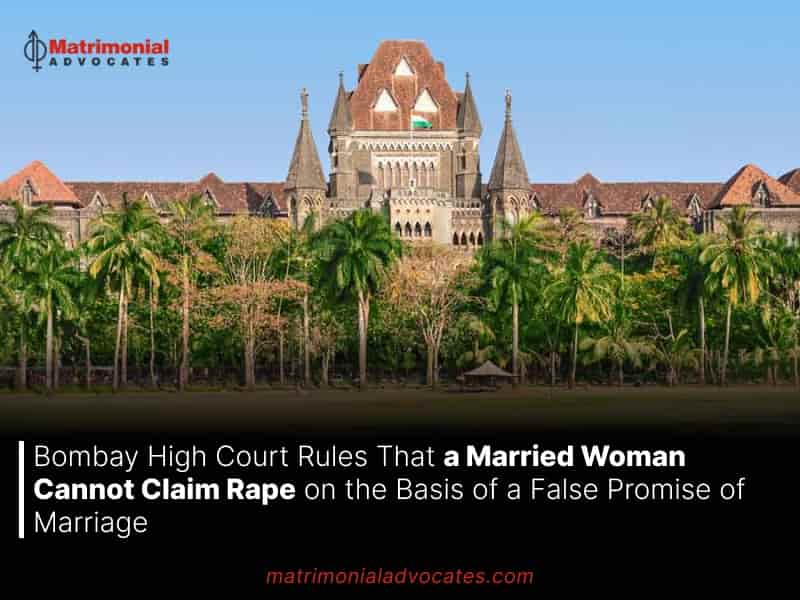
Single-judge Justice Manish Pitale made the observation while granting anticipatory bail to a man arrested by the Pune police in a rape case.
On Thursday, the Bombay High Court declared that a married woman cannot claim that she was deceived into consenting to sexual intercourse under the guise of a false promise of marriage [Vishal Nagnath Shinde v. State of Maharashtra].
This remark was made by single-judge Justice Manish Pitale while granting anticipatory bail to a man arrested by the Pune police in a rape case.
In the first place, the informant herself being a married woman, cannot claim that she fell prey to the false promise of marriage given by the applicant. Being a married woman, she was clearly aware that she would not be able to marry the applicant. In any case, even the applicant is a married man and therefore, the theory of false promise of marriage prima facie appears to be misplaced,” the Court said.
The Court was hearing the anticipatory bail plea of Vishal Nagnath Shinde, who faced charges of rape and criminal intimidation under the Indian Penal Code.
The complainant, a married woman, accused Shinde—also married—of forming a friendship with her and falsely promising marriage, after which he allegedly assaulted her at a lodge. She further claimed that, following the incident, he threatened to share videos of the assault.
Shinde’s lawyer argued that he had fully cooperated with the investigation and questioned the credibility of the woman’s accusations, particularly in light of their marital status.
The Court was informed that Shinde had complied with the conditions of interim relief, consistently reported to the police station, and surrendered his mobile phone for examination.
Although the State’s counsel contended that he had not fully cooperated, the Court found no evidence indicating that he had distributed any videos of the woman.
Consequently, the Bombay High Court granted him anticipatory bail with certain conditions.
“There is nothing to indicate that the applicant till date has circulated any videos of the informant and therefore, sufficient grounds are made out for allowing the present application,” the order noted.





